As Bonfire Night night approaches, in an age-old tradition, our skies are filled with colour, sound and sparkle.
But in recent years, it has become clear many households await the night with nervousness and concern.
While public displays are still filled with awe-filled crowds, many voices are speaking out on social media with complaints about the impact of the noise on animals and the danger fireworks can cause.
This was reflected recently after the announcement of the reopening of an Aberdeen fireworks shop caused many readers to call for the coloured pyrotechnics to be banned.
To delve a little further into the issue, we put a few of these concerns to Aberdeen professional pyrotechnic Norman Donald, and Gilly Mendes Ferreira from the Scottish SPCA.
Norman Donald – NJE Fireworks
Unsurprisingly, Aberdeen’s Norman Donald was very much for the sparkly attractions.
Falling for the loud illuminations as a boy watching his dad’s yearly displays, he has been operating NJE Fireworks on George Street for eight years.
And it seems they have not lost their shine in his eyes.
“I just love them,” he said. “I love the thrill you get doing a display.
“The colour, the noise, the effects, it gives you a buzz. It brings joy to so many people as well.”
Norman said they supply fireworks and displays for weddings to celebrations of life to gender reveals. They even had one man buying fireworks to celebrate his divorce.
While Norman’s own joy from the work has not diminished, he has noticed a change in opinion towards fireworks over the last few years.
So much so, that five years ago he and his wife Jacky wondered if carrying on with the business was worth it.
Nowadays he tries not to let “things bug him as much”, but he added: “Every year it’s the same thing.
“I think there’s been more and more negative feedback each year.”
‘The law should be used to clamp down on idiots’
There are many arguments made against fireworks.
These mainly revolve around the danger they pose or the distress caused by the noise.
However, Norman argued that buying them from a specialist shop like NJE Fireworks on George Street helps minimise safety issues.
Unlike supermarkets, Norman said: “I’m a professional pyrotechnic.
“I’m trained in it and we can give our specialist knowledge to the customer to make them safe, make the public space and protect them against any law they might break unknowingly.”
Briefly chatting about no fireworks zones and the problems seen in the Kirkton riots, Norman said more laws will not stop the “idiots” using fireworks.
Instead, he argued they should more readily enforce the ones already in place as a proper “deterrent”.
A person found guilty of fireworks misuse in public can be jailed for six months or fined but Norman said this is rarely enforced even when a person appears in court.
He added: “If you clamp down on them… if you jail them for six months, fine them £5,000, they think twice.”
Desensitisation training for dogs – does it work?
For people who struggle with the noise from fireworks, Norman said some use ear defenders at public displays or buy low-noise fireworks for personal displays.
When talking about the impact on animals, Norman argued fireworks are just one of the loud noises wildlife and animals can face such as airplanes, helicopters, and outdoor concerts.
But for worried pet owners, as the proud owner of Lucy the Cavachon, Norman said they did some desensitising training in the lead-up to Bonfire Night when she was young using loud YouTube videos of fireworks which did the trick.
What does the Scottish SPCA say?
Gilly Mendes Ferreira, Scottish SPCA director of Innovation and Strategic Relations, said she has heard of this training.
However, she was quick to stress that every dog is different and it is not a guarantee it will fix the issue. Especially with older or rehomed animals.
She added: “But this is where the veterinary profession can help because they’ll have a history of your dog and there’s maybe different things you can try with their support.”
The impact of fireworks on animal welfare
Gilly was part of the Scottish Government fireworks review group a few years ago and is well aware of the impact that fireworks can have on animal welfare.
She said: “We see that animals suffer stress and anxiety when fireworks are going off.
“Every year, we normally get calls from pet owners who are worried because they see their animals pacing around and they’re quite distressed.
“They’re not quite sure what to do… they ask if there’s anything they can do in advance to help support their pets.”
Farm animals and wildlife can also be affected and can panic at the sound of fireworks going off causing them to flee.
“They’ll do everything they can to get away from that noise,” she added. “And that might mean they fly into something, or they run into something.
“Another thing, particularly with wildlife, is the debris and packaging that’s left behind. Some animals might ingest that. That’s a concern from our perspective.”
Should fireworks be banned?
For pet owners of animals who struggle, as with her own Westie called Chester, Gilly said to speak with their vet well in advance for advice and to make a plan.
Things like making sure to walk dogs earlier in the day, taking animals like rabbits inside and making sure animals will not be able to escape if they panic while giving them the freedom to roam all help.
While people can plan ahead for public fireworks displays, Gilly said the unpredictability of personal ones can often cause the most distress for pets and people.
When posed the question of whether fireworks should be banned, Gilly said there needed to be more research from the cultural perspective if fireworks were banned altogether.
But she added: “We don’t think the general public should be able to have access to fireworks because of the risks involved.
“You’ve got designated shops who will go to the effort of giving the right advice and guidance. But people can still buy things online, they can go to other shops, which maybe aren’t taking the responsible approach with fireworks.
“That’s then what causes harm from a human perspective because it’s that lack of understanding and knowledge.”
For more advice, pet owners can visit the Scottish SPCA website and for worries about animals in distress, call the Scottish SPCA animal helpline 03000 999 999


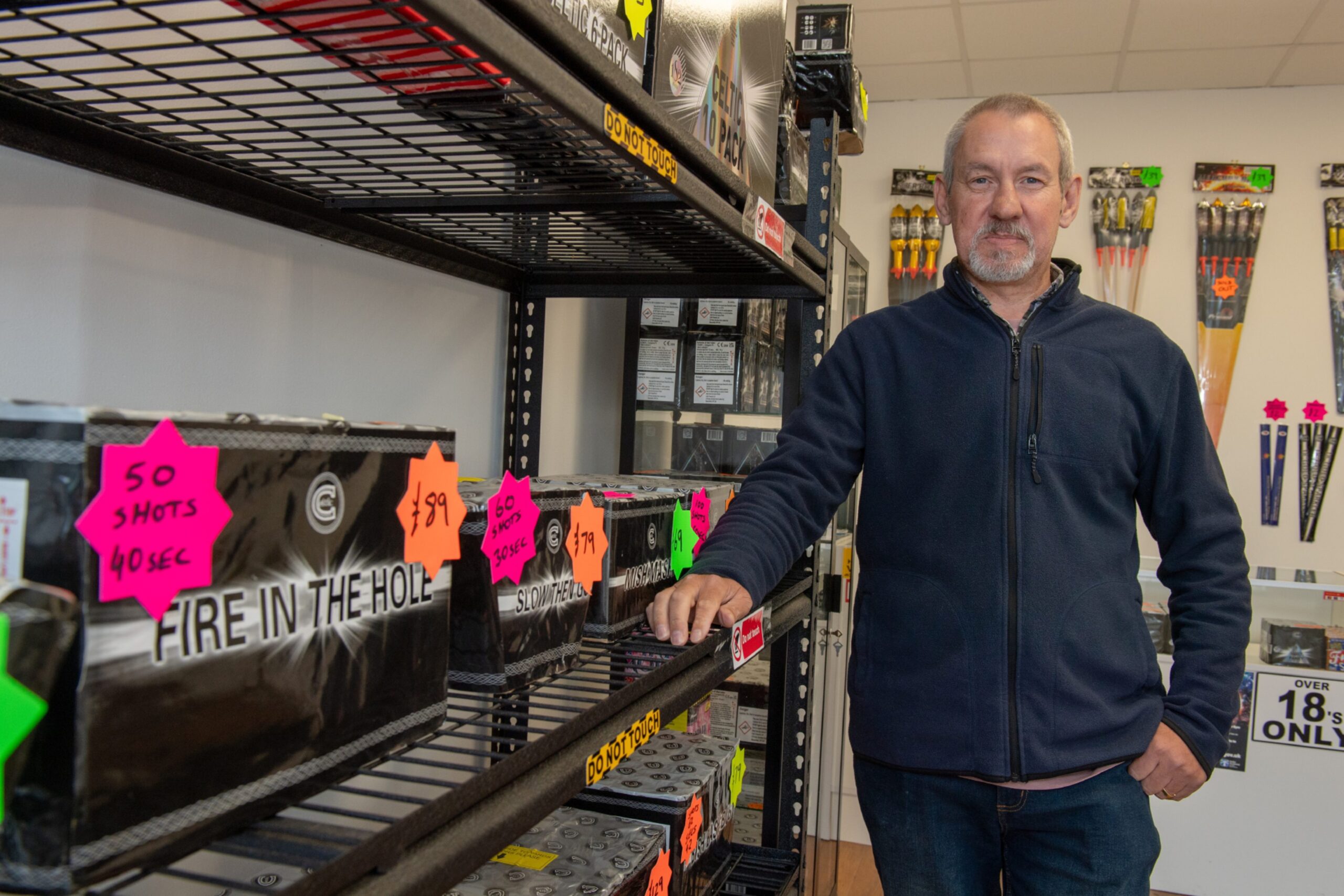
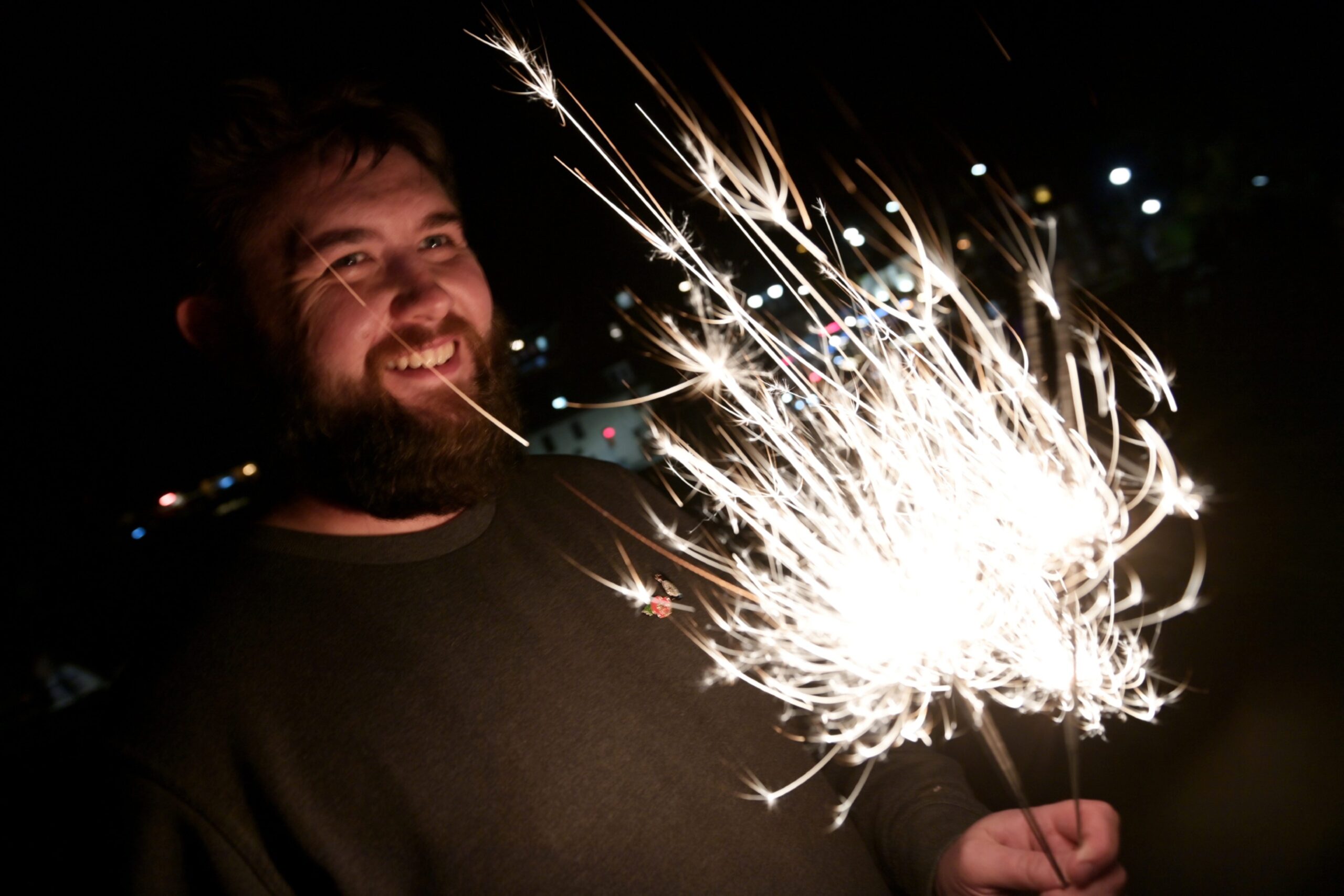
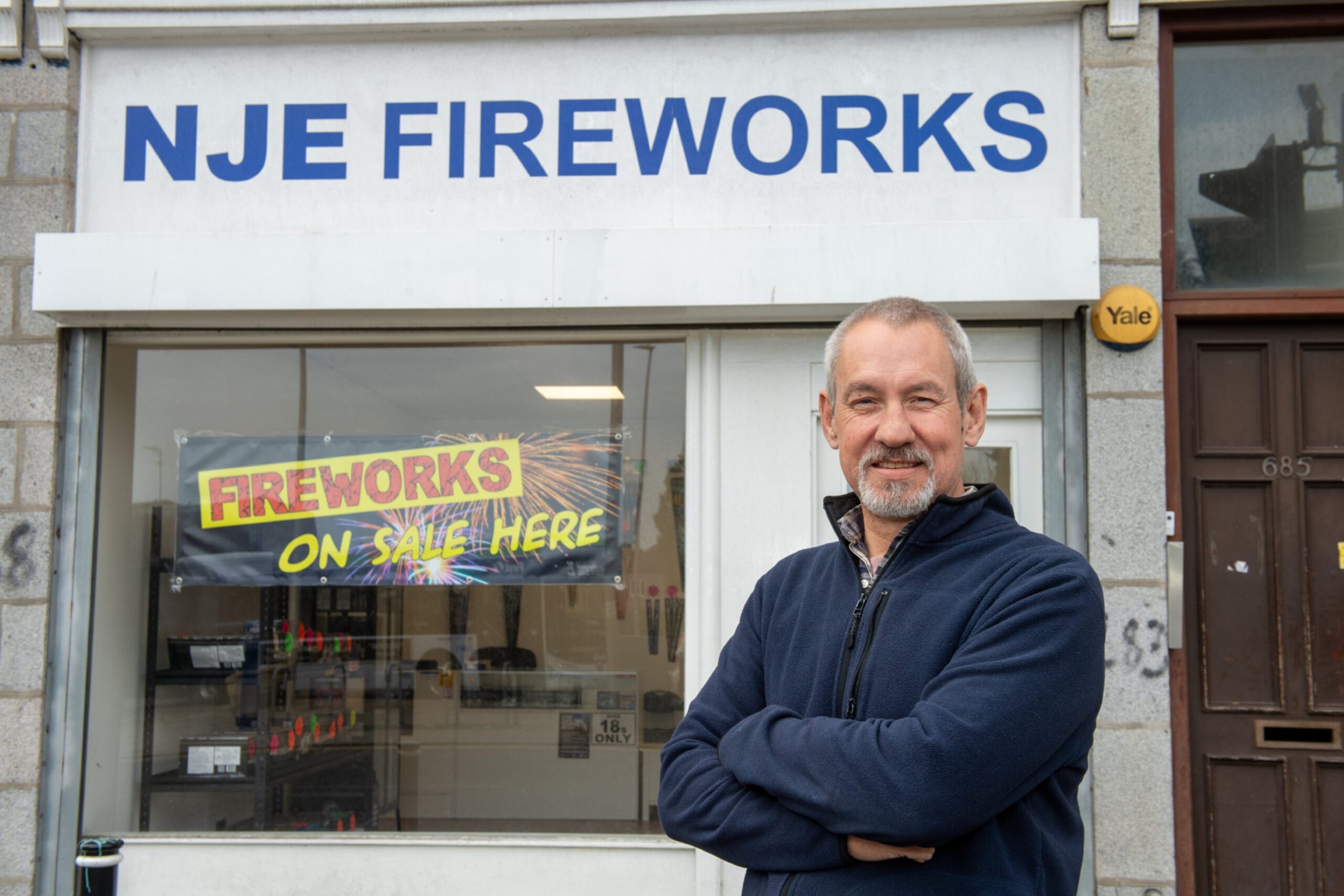
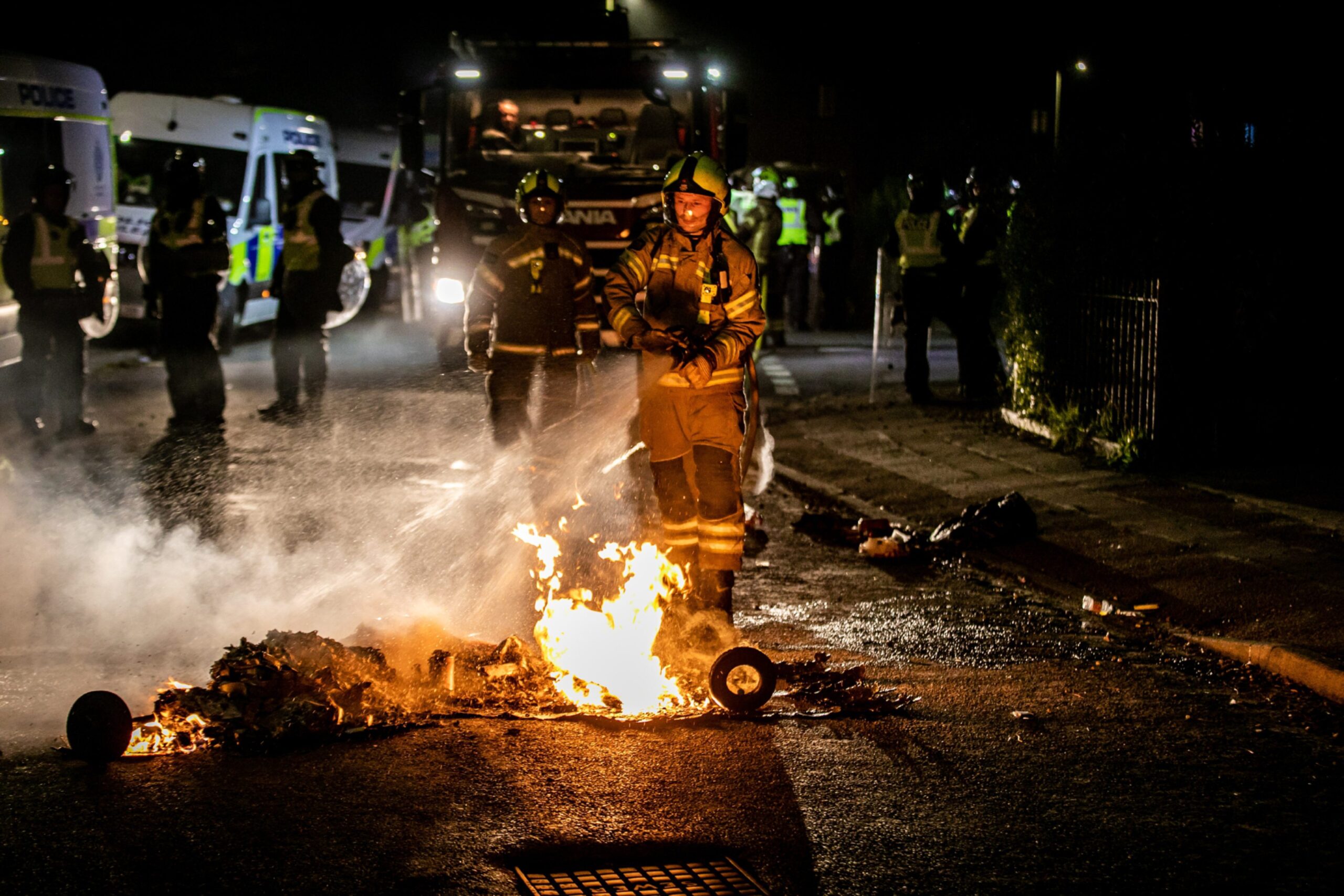
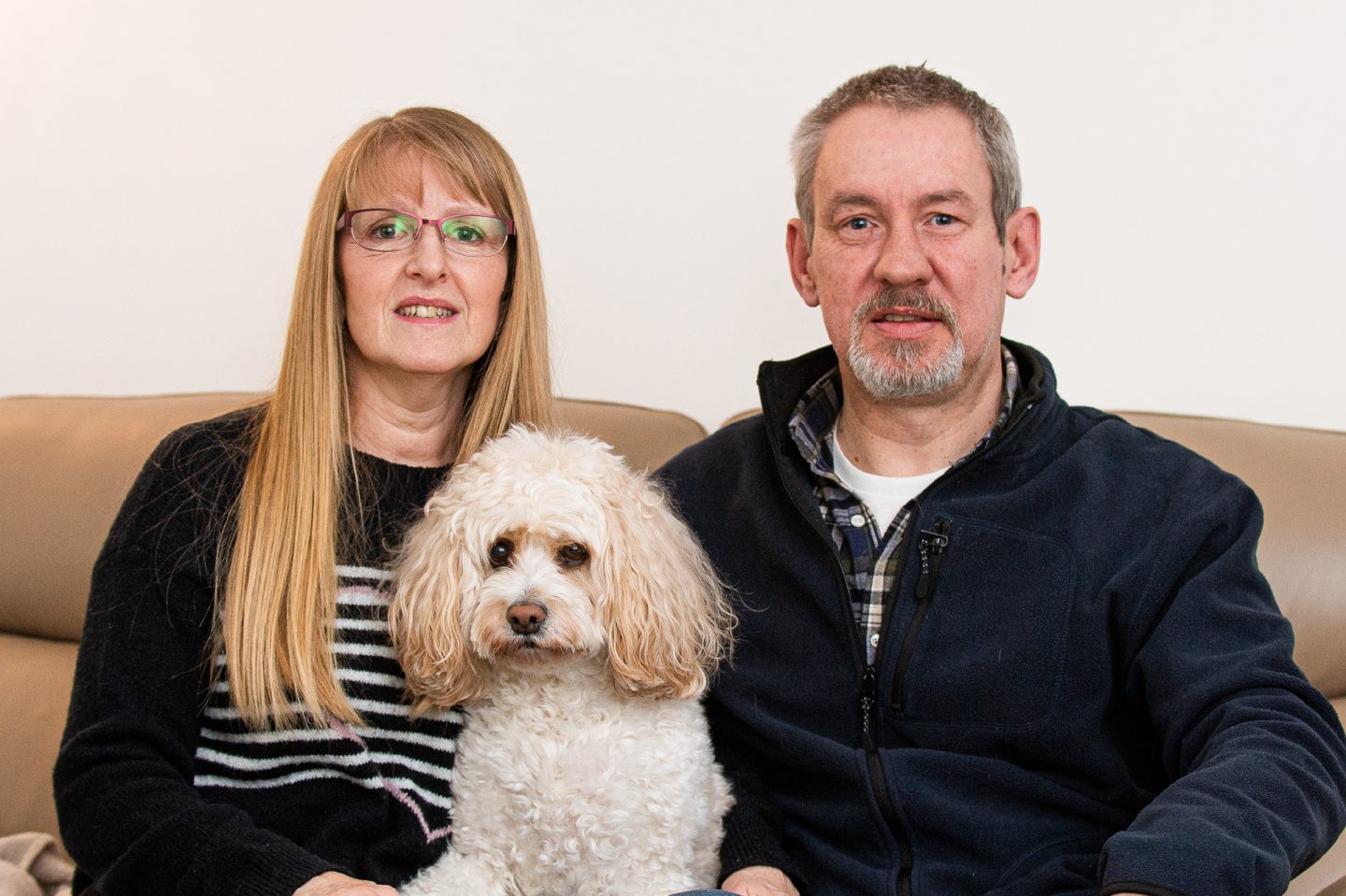

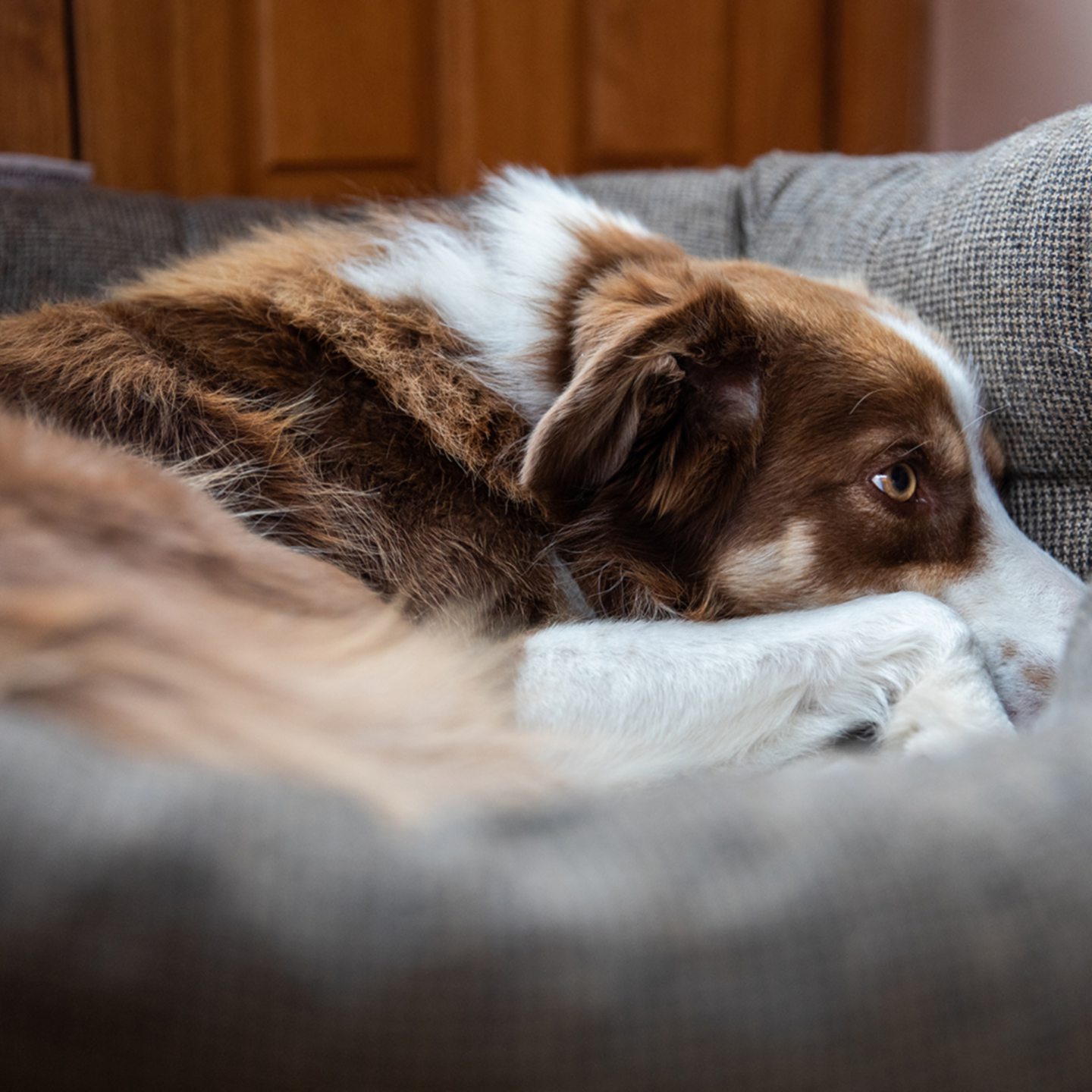
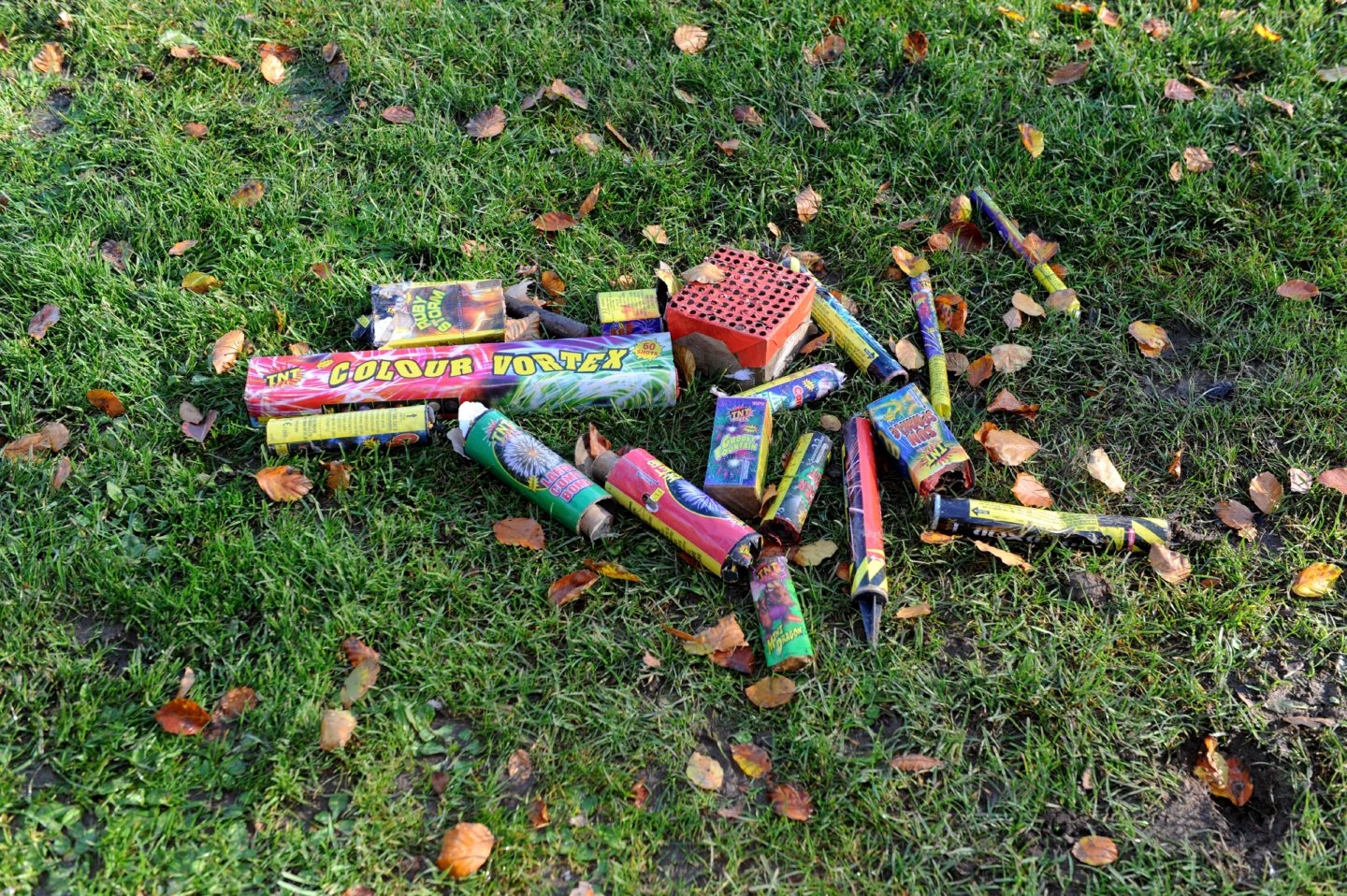
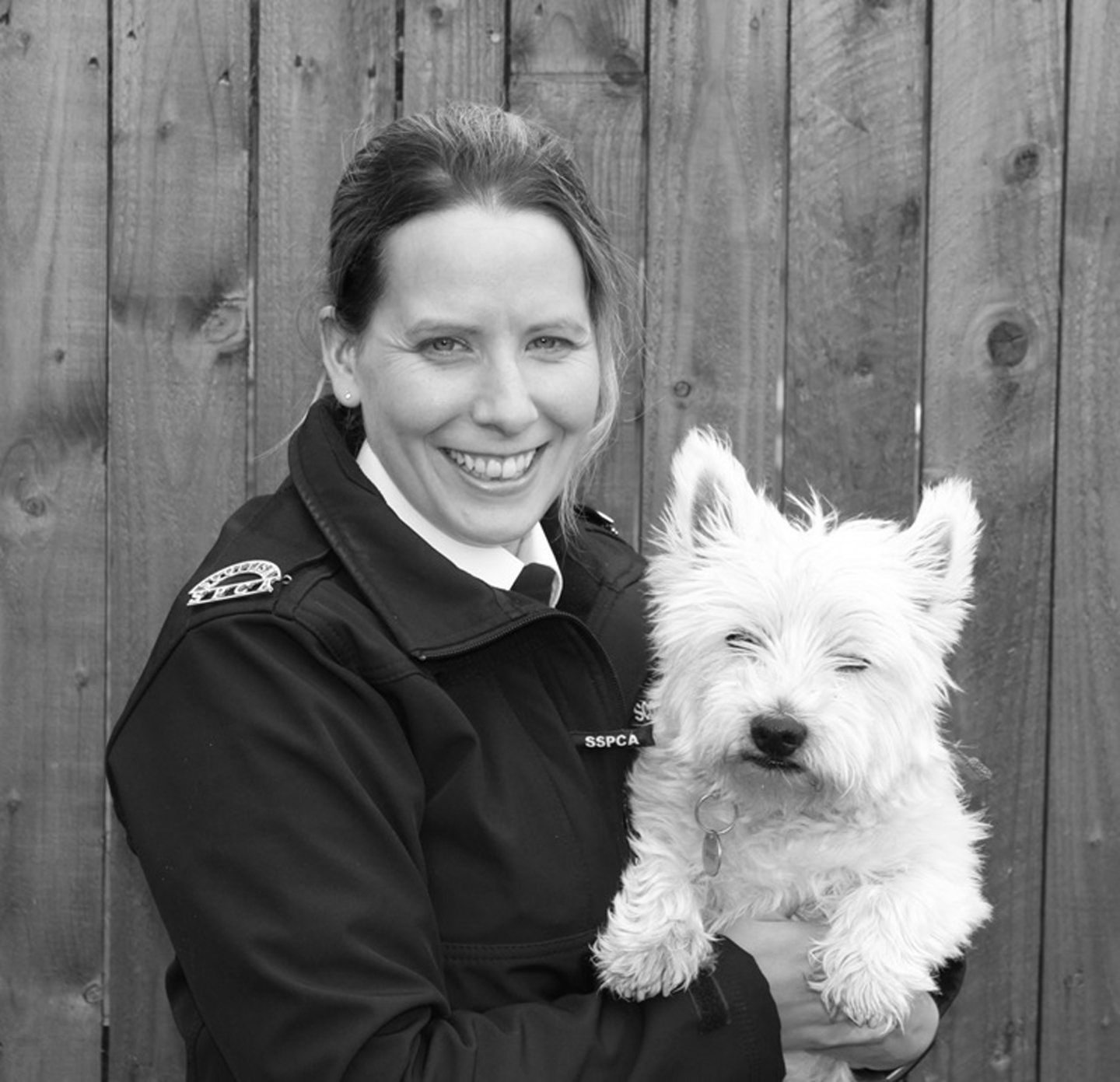
Conversation